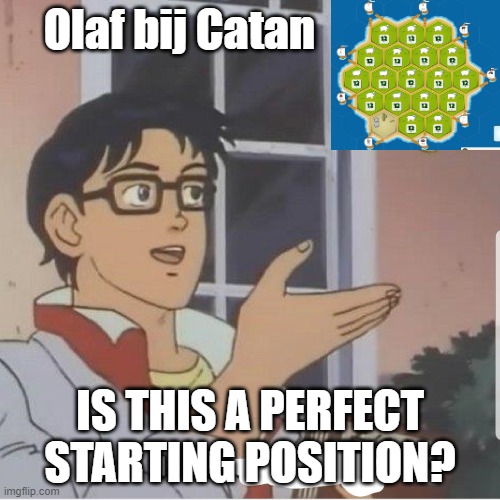

Its hex-shaped board featured a variable setup of tiles that could be rearranged to offer a new set of strategies every time you played. Teuber’s game steered away from direct competition between players, instead encouraging them to openly trade their limited resources in order to progress.

It’s hard to understate the influence that Catan has had on modern board gaming. While it wasn’t the originator of the genre, Catan was considered the epitome of what were known as ‘Eurogames’ - or 'German-style' board games, after the region closely associated with their design philosophies that stood in stark contrast to many American mass-market games. When it first released, Catan represented something fresh for players outside of Germany, who were used to the luck-driven tedium of Monopoly, competitive elimination of Risk or non-existent theming of Scrabble. Without it, it’s hard to imagine a world where games like Gloomhaven, Wingspan and Azul have gone beyond hobbyist appreciation to find mainstream success.Ĭatan creator Klaus Teuber, who has passed away at the age of 70. While its popularity took a few years to truly explode following its debut as Die Siedler von Catan in 1995, its popularisation of hobby board games outside of its home country paved the way for the tabletop industry today.

Arguably, Catan might be the most important and influential board game since Monopoly - and certainly more deserving of widespread recognition. It’s a cultural phenomenon, referenced in Big Bang Theory episodes, internet memes and earning a place in the board game libraries (and Instagram feeds) of everyone from pop stars and NFL players to Hollywood actors. Teuber’s 1995 magnum opus isn’t just a beloved board game. Klaus Teuber has died, the creator of Catan passing away on April 1st after a “brief and severe” illness.įew board games have had as deep and lasting an impact on popular culture as Catan.


 0 kommentar(er)
0 kommentar(er)
